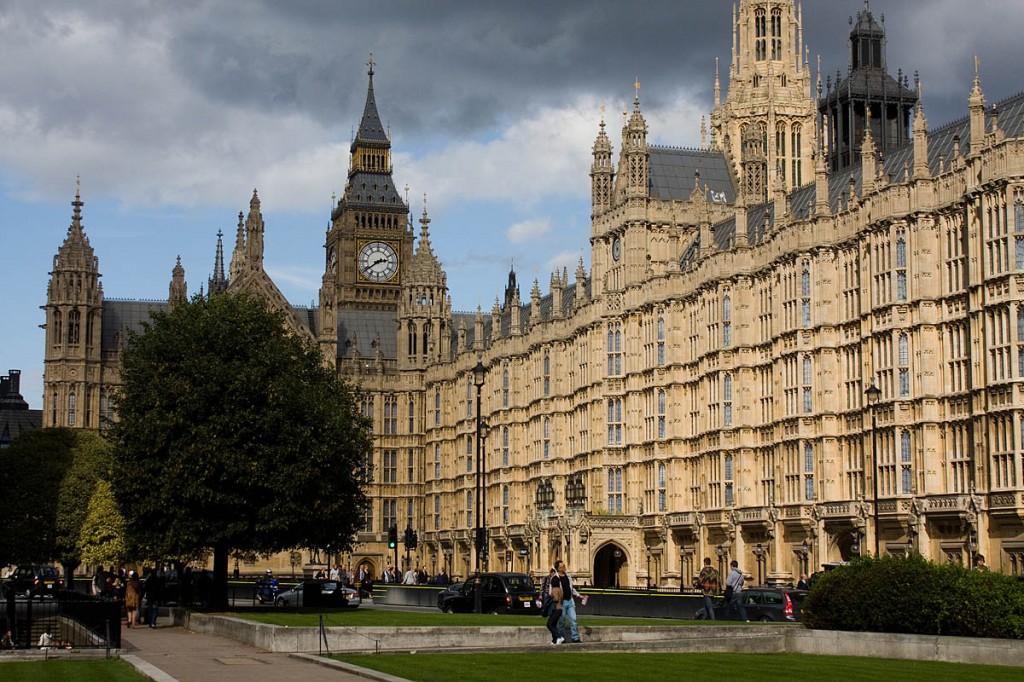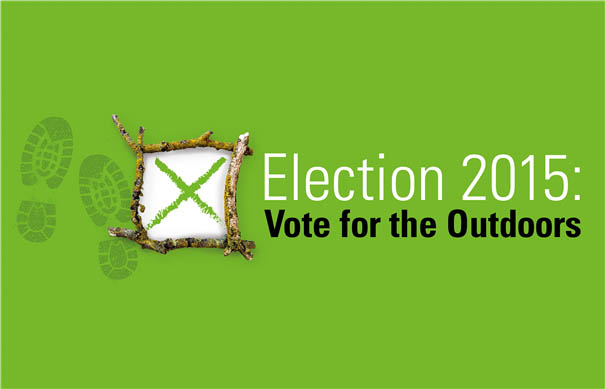On the day Parliament is dissolved and the election campaign kicks off in earnest, Britain’s mountaineers are urging politicians to put the outdoors at the top of their agenda.
The British Mountaineering Council and the Mountaineering Council of Scotland issued a joint challenge to the parties hoping to form the next Westminster government.
The two bodies, which represent more than 90,000 hillwalkers, climbers and mountaineers, said the huge benefits of getting outdoors to the health, happiness and culture of society are clearer than they have ever been. But at the same time, mountain landscapes and wild places are under threat from large-scale developments, national parks are feeling the impact of cuts, schemes to engage the public with the countryside are few and far between, and greater support for rural economies is needed.
The two councils vowed to make 2015 the outdoor election and urged enthusiasts to quiz their local candidates on the subject.
The BMC, which covers England and Wales, wants to see tangible measures to improve access and the conservation of the countryside, enshrined in a long-term strategy for outdoor recreation.
It said, in the English countryside alone, walkers spend over £6bn a year and support 245,000 full-time jobs. Better access to green space could save the NHS of both England and Wales billions, it added, while a growing body of evidence supports the view that outdoor recreation is integral to the wellbeing of society.
Yet the council points out access to the countryside is getting harder due to the impact of cuts, and the countryside itself is at increasing risk of being harmed by development.
Dr Cath Flitcroft, BMC access and conservation officer, said: “We want political parties to recognise the huge value of outdoor recreation.
“For instance, we want to see a long-term strategy for outdoor recreation to tackle the epidemic of inactivity. We’re calling for politicians to be genuine advocates for the outdoors, protecting our countryside and green spaces from inappropriate developments. We want to know how many of them are up for the challenge.”
North of the border, the MCofS said the proportion of Scotland from which built development could not be seen has dropped by two-fifths in 11 years, from 41 per cent in 2002 to 27 per cent in 2013.
While the remaining wild land has been officially mapped by Scottish Natural Heritage and recognised in national planning policy, the MCofS argues that it still does not have sufficient protection.
The MCofS has published Respecting Scotland’s Mountains, calling for a coherent, integrated national policy that defines what can, and cannot, be done in such areas in the future.
It argues that Scotland’s mountains and remaining wild lands should be treated as an irreplaceable natural, cultural and economic asset – respected and safeguarded for the benefit of all.
David Gibson, MCofS chief officer, said: Respecting Scotland’s Mountains emphasises the importance of stronger protection for our mountains and wild land in environmental and economic terms, and for the benefit of public health and wellbeing.
“There is a real need for people to know how the parties view the protection of these rapidly diminishing, nationally important assets and how they propose to provide stronger future protection. We’ve asked the party leaders for a statement of intent – one which we can share with our members and the public prior to the general election, so that they can make an informed decision when they vote.”
The MCofS is also urging outdoor fans to sign on online 38 Degrees petition supporting the protection of wild land.
And the BMC has produced a handy door hanger to remind people which questions to put to parliamentary candidates when they call.

